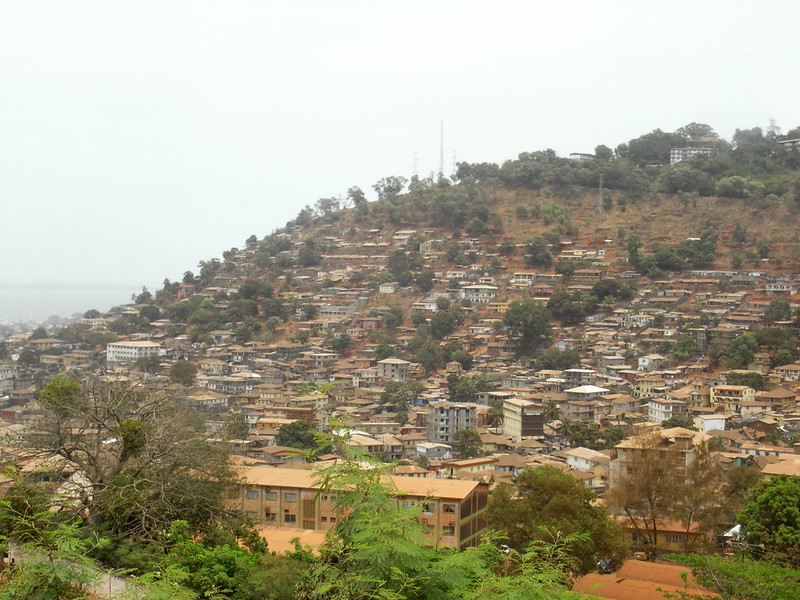The International Growth Centre(IGC), based at LSE in partnership with University of Oxford, offers independent advice on economic growth to governments of developing countries. You can follow the IGC on Twitter @THE_IGC. In this post, Guido Rizieri looks at how Ghana can avoid the “Dutch Disease”?
Ghana, a country known for its gold mines and cocoa, began producing oil from the offshore Jubilee field for the first time this year. Based on current proven reserves, production from the Jubilee field is expected to peak from 2013-2015 at 120,000 barrels of oil per day, and last for 20 years (Oil, March 2011).

This has the potential to generate up to US$1.8 billion per annum at peak production. Ghana’s oil reserves are relatively small on a global scale – even if these reserves are ultimately at the upper end of estimates they still place Ghana approximately 50th in the world by proven oil reserves.
However, due to Ghana’s current levels of income, reserves comprise a significant proportion of its GDP. When considered as a proportion of the Ghanaian government’s annual income, and priced at US$75/barrel, Van der Ploeg and Stefanski (2011) estimate that production from the Jubilee field at its peak will generate up to 30% of the government’s income.
Many oil-rich countries fall into the trap of the ‘natural resource curse’ and end up with a disappointing growth performance (also known as Dutch disease). This happens because their manufacturing and exports sectors become uncompetitive , the notorious volatility of oil prices, corruption and worsening of the quality of institutions, and sustaining bad policies such as excessive borrowing, subsidising uncompetitive industries, fuel subsidies and over investing in partisan projects. The challenge for Ghana is to use the oil wealth to promote growth.
Research from the IGC provides an analytical basis to evaluate Ghana’s Petroleum Revenue Management Act, 2011. The decision to ‘spend or save’ lies on a spectrum, from spending all revenues immediately to saving all revenues and consuming only the permanent income.
In Ghana’s overall growth, capital accumulation has made a very small contribution to GDP growth. In order for the Ghanaian economy to achieve a sustainable, long-term growth path, the country’s stock of capital has to increase dramatically. A three-sector model of structural transformation is used to show that the oil windfall is a once in a lifetime opportunity to boost the capital stock and increase growth rates.
Calibrating the model to Ghana, the research shows that, in the presence of an oil shock, domestic capital should be quickly accumulated during the shock before slowly returning to the non-oil growth path once the shock has finished. The Act may thus be weighted too heavily towards short-term spending, particularly given Ghana’s stock of outstanding debt, which may be affecting the cost of borrowing.
The analysis shows that the best way for Ghana to harness the revenues from its recent oil windfall is to first use it to alleviate capital scarcity by reducing holdings of foreign debt. This will help to reduce credit spreads, in turn stimulating private and public investment and raising wages.
The remainder of the windfall should primarily be used to invest in domestic capital, to stimulate growth and move Ghana along the path of structural transformation. However, some funds should temporarily be parked in foreign assets through a sovereign wealth fund as a temporary way to stabilise oil volatility and smooth the effects of both Dutch disease and absorption constraints.
To read the full research paper by Rick Vand der Ploeg and Radek Stefansky, visit the International Growth Centre website.
You can follow the IGC on Twitter @THE_IGC.




